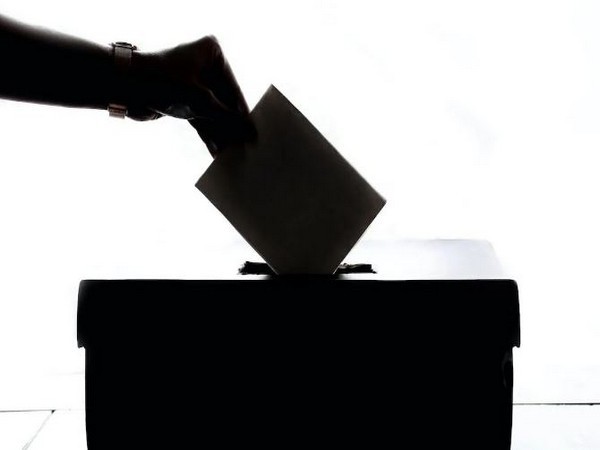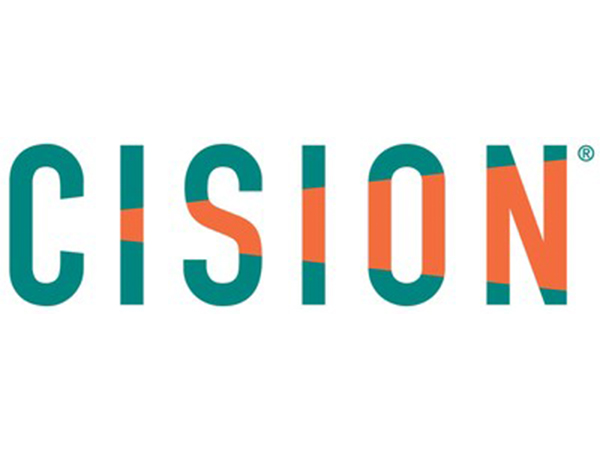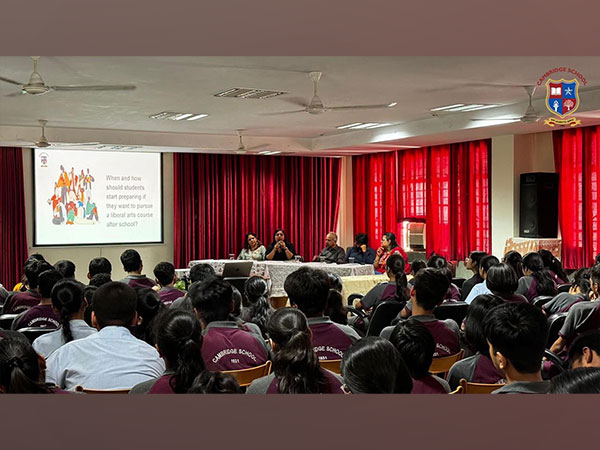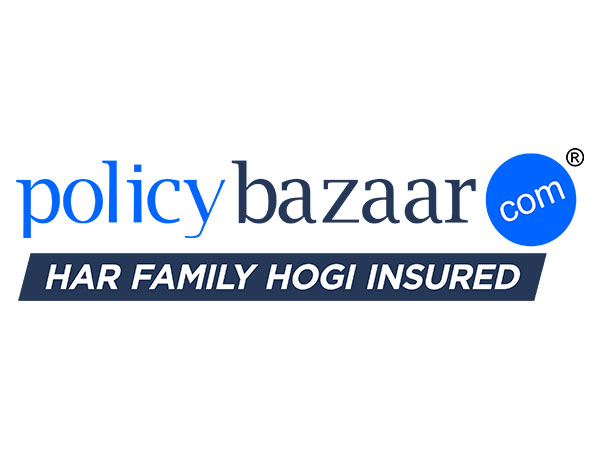
French election: Voting begins in watershed snap poll
Jul 01, 2024
Paris [France], July 1: French President Emmanuel Macron, whose decision to call Sunday's snap election has caused much political consternation in France and beyond, has cast his vote along with his wife, Brigitte Macron, in Le Touquet in northern France.
Earlier in the day, Marine Le Pen, the leader of the National Rally (RN), which is favored to take most of the votes in the poll, also cast her ballot in her party's stronghold in northern France.
The French Interior Ministry has said the turnout at midday stood at 25.9%, higher than at the same time in the 2022 legislative election, by when just 18.43% of eligible voters had cast their ballots.
The vote is taking place during the traditional first week of summer vacation in France. This is probably one explanation for why absentee ballot requests were at least five times higher than in the 2022 elections.
France's public finances are likely to suffer whatever bloc wins the snap election, according to France's AFP news agency.
The agency has summarized each contending bloc's spending promises, which it says are short on detail and often ignore mathematical realities.
If the National Rally (RN) wins, it wants to cut value added (VAT) sales tax on energy, partly financing the move, which it plans to initiate as early as July, by contributing €2 billion less to the EU budget, even though the bloc's 2021-2027 budget has already been voted through.
The savings would anyway not compensate for the loss in public revenue, which the bloc says would mean €7 billion less for the public coffers for the rest of this year and €12 billion in a full year.
The party also, however, wants to raise a levy on exceptional profits from power producers and make shipowners pay normal corporate tax rather than the current tonnage tax.
Other costly future plans are to index pensions to inflation, reduce the retirement age to 60 for people who started work at 20 or before, exempt some workers under the age of 30 from income tax and raise teachers' and nurses' wages.
The RN would also get rid of a 2023 increase in the retirement age to 64 from 62, replacing it with a more progressive system that remains to be specified.
The New Popular Front (NFP) alliance says it intends to raise pay for civil servants by 10%, provide free school lunches, supplies and transport and raise housing subsidies by 10%.
It says that it can finance this by introducing a tax on superprofits and reinstating a wealth tax on financial assets, each of which moves will raise €15 billion, according to the bloc.
The group also wants to freeze prices of basic food items and energy while raising the minimum wage by 14% with subsidies for small firms that cannot cope with the hike.
Other costly planned measures are hiring more teachers and health care workers and providing subsidies for home insulation, which the bloc wants to finance by closing tax loopholes, making income tax much more progressive and allowing familes to inherit a maximum of €12 million.
The NFP would also scrap the 2023 increase in the retirement age and wants to eventually reduce it to 60.
Unlike the RN, it does not plan to reduce the budget deficit in line with France's commitments to EU partners.
and rejects the EU's fiscal rules.
Macron's party has said it is committed to cutting the budget deficit to the EU ceiling of 3% of GDP by 2027, but the possibility of achieving this has been called into doubt by institutions from the national auditor to the International Monetary Fund.
The party has also pledged to cut power bills by 15% from 2025 and to link pension hikes to increases in inflation.
In addition, it says that it will raise public sector wages, without, however, indicating by how much.
The party says it will introduce no broad tax hikes and will increase the amount parents can gift children tax-free.
The election was called by President Emmanuel Macron after his party suffered a resounding defeat at the hands of the far-right National Rally (RN) in European Parliament elections early in June.
Polls suggest that the National Rally has a chance at winning a parliamentary majority, which would put France under the control of far-right forces for the first time since the Nazi era.
The election is also being contested by a new leftist alliance, the New Popular Front (NPF), recently established to contest the elections.
The Ensemble (Together) grouping led by Macron's Renaissance party was trailing in third place in preelection surveys, ahead of the conservative Republicans (LR).
Macron has a presidential mandate until 2027 and has said he won't step down before the end of his term, even if he has to contend with a prime minister who holds radically different ideas from his own.
Source: Times of Oman






